Zimbabwe
Zimbabwe has begun releasing about 3,000 prisoners under a presidential amnesty aimed at easing congestion to reduce the threat of COVID-19 in the country’s overcrowded jails.
About 400 prisoners were released from Chikurubi prison and other jails in the capital, Harare, on Saturday with more coming from other prisons countrywide.
Zimbabwe’s prisons have a capacity of 17,000 prisoners but held about 22,000 before the amnesty declared by President Emmerson Mnangagwa.
"We were crowded in the cells despite the Covid scare and sometimes we were 25 in a single cell," said former prisoner Kudakwashe Maoneka.
"We were aware of the prevention measures but it was difficult to stay even a metre apart from the next person and we even slept as a crowd."
Those to be released had been convicted of non-violent crimes. Those convicted of crimes such as murder, treason, human trafficking, and sexual offenses will not benefit.
All females imprisoned for non-violent crimes and who served a third of their sentences are to be released, as will all disabled persons convicted of non-violent crimes. Mnangagwa also commuted death sentences to life sentences for many prisoners on death row. Zimbabwe still has the death penalty but has not hanged anyone in years.
The amnesty “will go a long way” to reduce expenditure and the threat of the spread of the virus in prisons, said Alvord Gapare, the commander for prisons in Harare. He said prisons in the capital had recorded 173 confirmed infections and one death.
Zimbabwe has recorded 37,534 cases of COVID-19, including 1,551 deaths by Apr. 17, according to the Africa Centers for Disease Control and Prevention.
Authorities have suspended visits to prisons while plans are made to vaccinate inmates as part of measures to combat the spread of the virus, said Gapare.
Political activists who have been sent to prison as part of a government crackdown on dissent have spoken of dire conditions, which they said put inmates at risk of both starvation and disease outbreak.
In another response to the pandemic, Zimbabwe has canceled the Independence Day celebrations planned for April 18 to combat the spread of COVID-19.





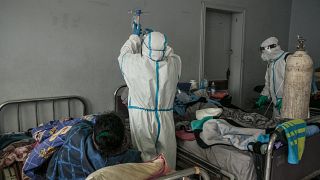
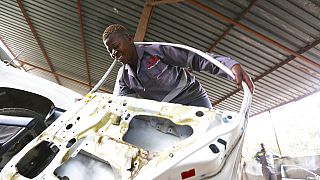
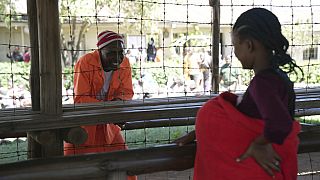
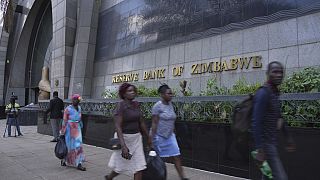
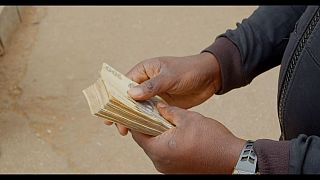
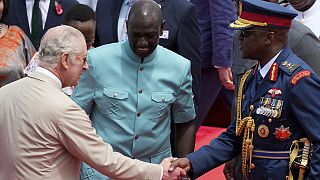


02:05
Over 2 billion people lack access to safe drinking water- UN report
01:30
Zimbabwean prophet charged in court over child labor
01:02
Pics of the day: March 14, 2024
00:53
US imposes sanctions on Zimbabwe's president, first lady and 9 top officials
01:35
Funeral of Zimbabwe opposition activist takes place two years after her murder